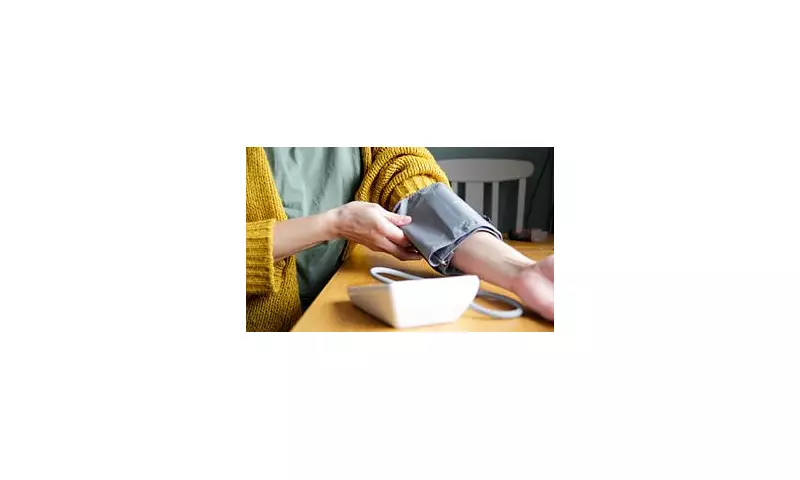
A medical breakthrough is on the horizon for the millions of Britons battling high blood pressure, as a revolutionary new drug promises to control the condition with just two injections a year.
The 'game-changing' treatment, zilebesiran, is being hailed as a potential miracle for its ability to dramatically slash blood pressure levels, offering a far simpler alternative to the complex cocktail of daily pills many patients currently endure.
How This Medical Marvel Works
Unlike traditional medications that require daily discipline, zilebesiran employs advanced RNA interference technology. It works by silencing the genes responsible for producing angiotensinogen, a liver protein that is a key precursor in the process that constricts blood vessels and raises blood pressure.
This novel mechanism of action effectively tackles the problem at its source, providing a sustained and powerful effect that lasts for months.
Stunning Results From Clinical Trials
The interim results from a mid-stage clinical trial are nothing short of remarkable. Participants receiving a single 800mg dose of zilebesiran experienced an average systolic blood pressure reduction of over 20 points after six months.
Perhaps even more impressive was the finding that the effects were sustained around the clock, with the drug providing consistent control throughout both day and night—a significant challenge for many current treatments.
A New Dawn for Hypertension Treatment
For the estimated 15 million adults in England living with hypertension, this drug could be life-altering. High blood pressure is a major, often silent, contributor to strokes, heart attacks, and kidney disease.
Professor David Webb, the lead author of the study from the University of Edinburgh, emphasised the significance, stating the drug has the potential to “offer people a much simpler alternative to their current daily therapy” and could “dramatically reduce the risk of future heart attacks and strokes.”
This innovation could not only improve health outcomes but also free patients from the burden of daily pill-taking, a common reason for missed doses and poor condition management.





